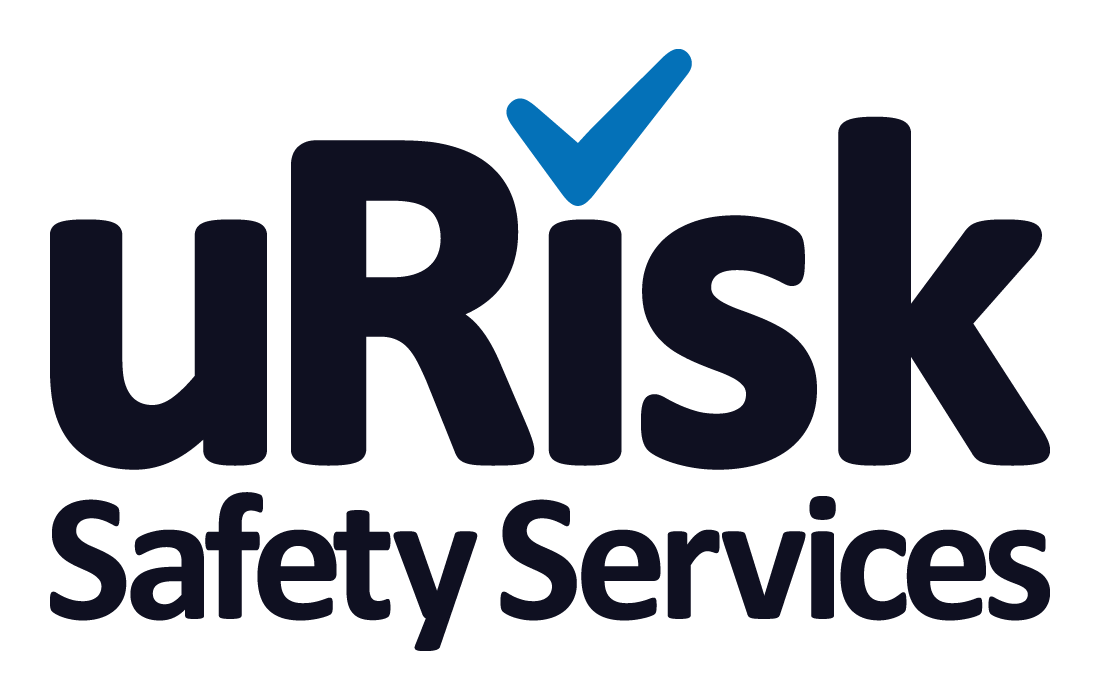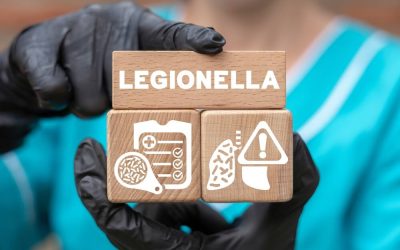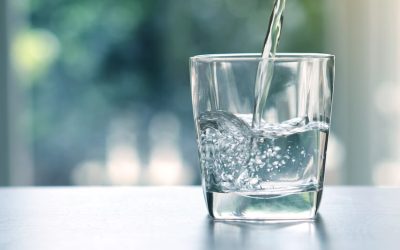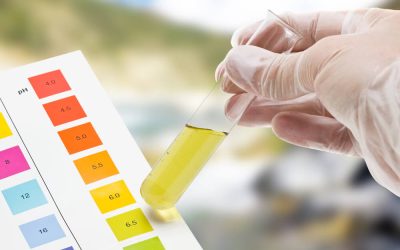No Results Found
The page you requested could not be found. Try refining your search, or use the navigation above to locate the post.
What Are My Farm Water Testing Responsibilities?
The water supply on your farm can be subject to many types of contamination, including the legionella bacteria. As an employer, you have a responsibility for the health and safety of your staff members and visitors, including the safety of your water system. Therefore you, or a designated member of staff, must understand how to identify and manage any sources of risk when it comes to legionella in agriculture, as well as take measures to prevent or control them, monitor the water system, and keep accurate records.
HSE guidelines state that it is your responsibility – or that of an appointed competent person – to carry out a legionella risk assessment to identify possible risks in all parts of your water system, checking on temperature, water storage, and contamination by nutrients that would accelerate the growth of the legionella bacteria, e.g. organic matter, sludge, scale, biofilms and rust.
Preventing and controlling the risks from legionella includes creating a written control scheme that includes a schematic drawing of your water system, the correct method of operating the system, precautions you will be taking, a schedule of when checks and legionella water testing will be carried out, as well as who is responsible for each action.
Do I need to test for legionella in animal troughs?
Animal water troughs can be subject to a number of contaminants, but the risks are low if you keep the trough clean and the water flowing. The principal danger to your animals is the build-up of blue-green algae in stagnant water, so if the trough is left for a long period of time, there is a danger of a legionella build-up – especially in the summer months. If a trough isn’t going to be used, the best thing to do is drain it of water and clean it. If you are unsure about the possibility of contamination in individual troughs, you can use one of our Legionella Testing Kits to take samples and send them for assessment separate from farm-wide testing.
My farm has its own water supply – how does that affect legionella testing?
If you have a borehole or spring from which you abstract your own potable water for your farm, your local Environmental Health department will conduct basic water testing for free. However, for a more detailed analysis, you will be responsible for organising and paying for your own testing, including testing for the legionella bacteria.
How much do I need to worry about legionella with harvested rainwater?
If you harvest rainwater for use on the farm, for example, to wash the animal pens and yards, you must not use it as drinking water. Harvested rainwater may look clean, but it is likely to have a number of contaminants, such as bird and animal droppings, leaves, pathogens and microorganisms including the legionella bacteria. Maintenance, checks and remedial action need to be carried out as part of your farm’s water management, including water testing.
If you would like to find out more information about the risks of legionella bacteria on your farm, organise a risk assessment, or do water testing, please feel free to contact us to discuss your requirements.
Legionella and Water Hygiene Blog Posts
What Is a Legionella Course, and What Does It Entail?
Training courses are an important part of any job, and not just as a way of enhancing your professional skills. Under health and safety law, learning how to keep your staff and visitors safe is a vital part of your business responsibilities, and legionella courses are...
Essential Legionella Course: Prevention and Control Strategies
Under UK health and safety law, the management and control of legionella is an essential part of the duties of building owners, duty holders, facilities managers, employers or responsible persons. It is a duty holder’s responsibility to ensure there are adequate...
Certified Water Chlorination Courses: Your Path to Water Safety
Chlorination is an important part of cleaning and disinfection in cold water systems. But chlorine needs extremely careful handling, so any legionella disinfection course must include a basic understanding of chlorination chemistry, chlorination methods and chlorine...



